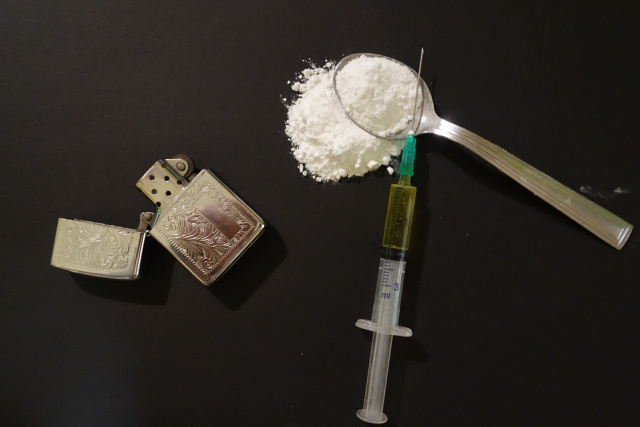(COLUMBUS, Ohio) – Ohio Attorney General Dave Yost today joined 36 attorneys general asking leadership from both chambers of Congress to remove federal barriers that prevent health care providers from offering treatment for people addicted to opioids.
“If David Letterman were to do a Top 10 for ‘Stupid Government Red Tape,’ these regulations would all be on it,” Yost said. “Congress should act now.”
In 2017, there were 4,293 reported overdose deaths involving opioids in Ohio — a rate of 39.2 deaths per 100,000 persons. That number represents the second highest rate in the country. The national average is 14.6 deaths per 100,000 persons.
The National Survey on Drug Use and Health reported that in 2017, “there were 11.4 million opioid misusers aged 12 or older in the United States, the vast majority of whom misused prescription pain relievers.” The report also stated that 2.1 million people were suffering from opioid addiction.
A letter from the attorneys general to Congressional leadership outlines three areas that need to be addressed:
- Replace the cumbersome, out-of-date, privacy rules contained in 42 CFR Part 2 with the effective and more familiar privacy rules contained in the Health Insurance Portability and Accountability Act (HIPAA);
- Pass HR 2482, the Mainstreaming Addiction Treatment Act, which would eliminate unnecessary burdens on buprenorphine prescribing imposed by the Drug Addiction Treatment Act of 2000. Buprenorphine is one of three drugs used as part of Medication Assisted Treatment, the most effective treatment for opioid use disorder. Outdated and unnecessary federal requirements are discouraging doctors from prescribing this life-saving drug to patients who need it; and
- Fully repeal the Medicaid Institutions for Mental Diseases (IMD) exclusion. The IMD exclusion generally prohibits state Medicaid programs from receiving federal reimbursement for adults between 21 and 65 receiving mental health or substance use disorder treatment in a residential treatment facility with more than 16 beds.
Ohio is joined on the letter by attorneys general from Alaska, Arkansas, California, Colorado, Connecticut, Delaware, the District of Columbia, Florida, Hawaii, Idaho, Illinois, Iowa, Louisiana, Maine, Massachusetts, Michigan, Minnesota, Mississippi, Montana, Nebraska, Nevada, New Hampshire, New Mexico, New York, North Carolina, North Dakota, Oklahoma, Oregon, Pennsylvania, Rhode Island, South Dakoda, Tennessee, Utah, Vermont, Virginia, Washington, West Virginia, and Wisconsin.










